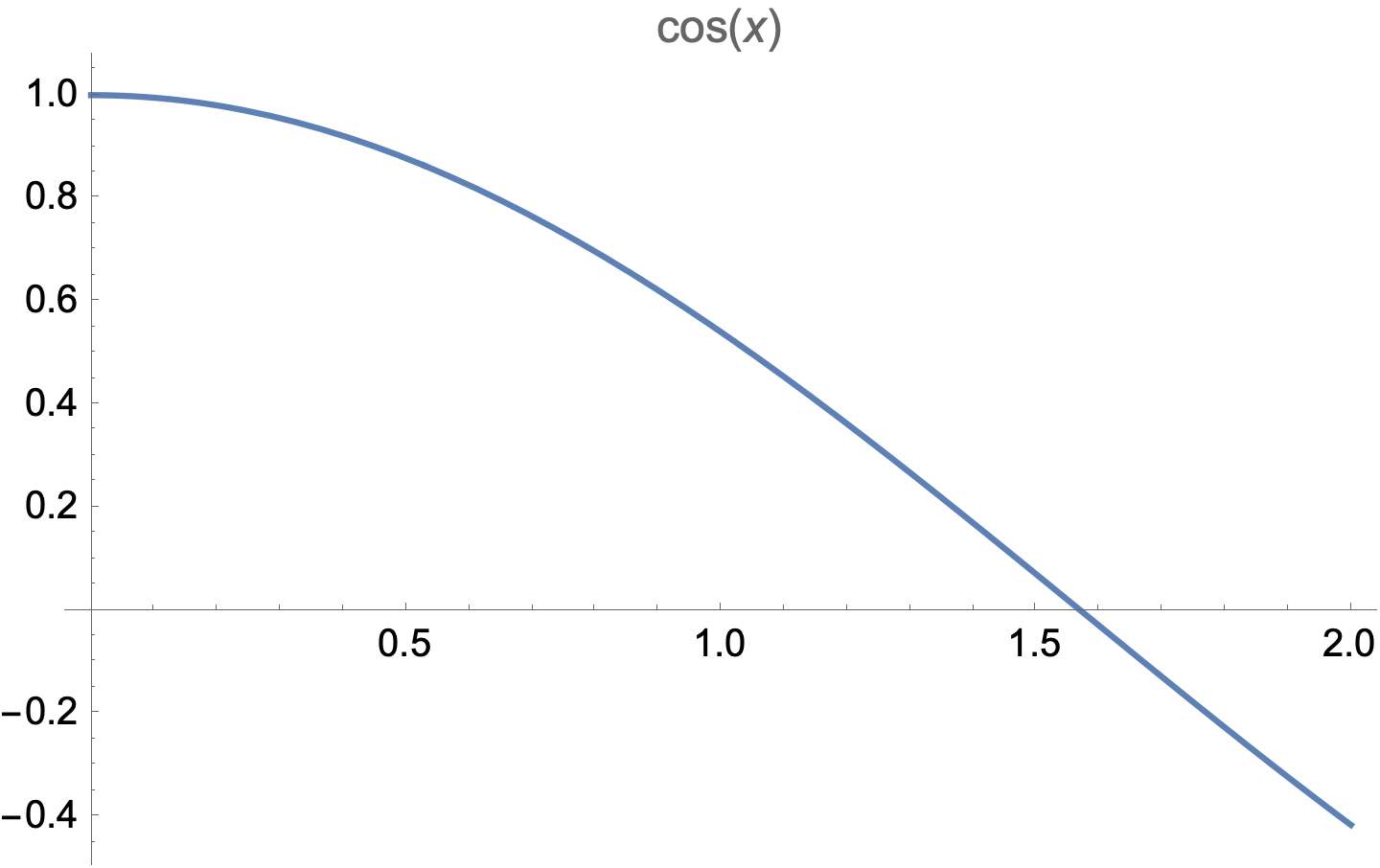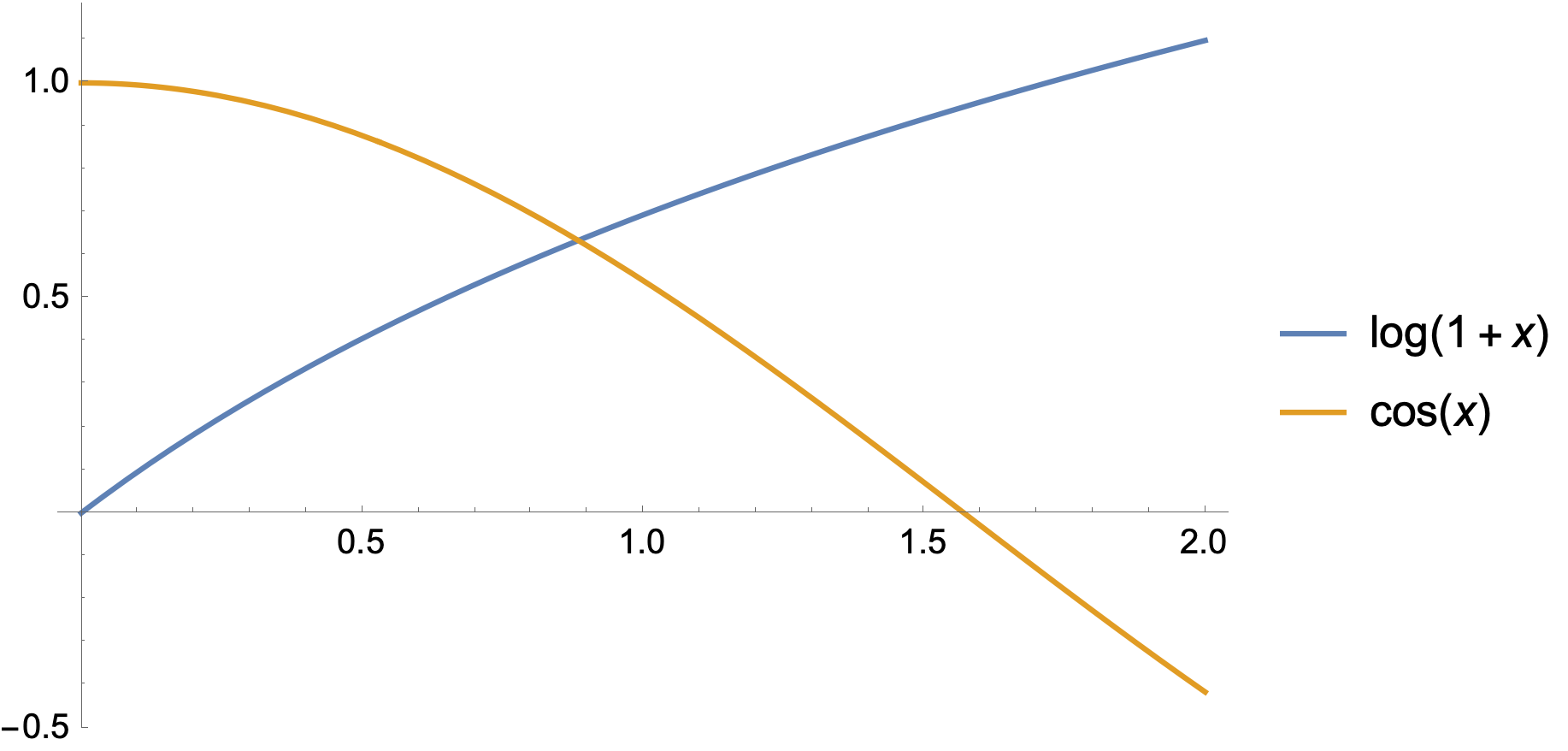I want to define a function based on a random choice from a list of possible functions.
For example, suppose the possible functions are {Sqrt,Log}. Then I want to define f[x] to be a (randomly chosen) one of f[x_]=Sqrt[x] and f[x_]:=Log[x]
What is a good way to do this? (and have it work with user defined functions in the list, like {Sqrt,Log,x^2+x}
My feeling is that I should make a function that takes a list of functions as an input, and randomly chooses one of them. I have an example of this below, but I have three concerns/issues with the below code:
- using
?fun1givesfun1=Log, notfun1=Log[x]- I don't know how(/whether) this matters, but something nags at me that it does
- If I want a function that is either
f[x_]:=Sqrt[x]f[x_]:=Log[x+1], I don't know how to incorporate this "+1" part - I should probably be using
:=not=in the example code below
I imagine 1 and 3 can likely be corrected by some small tweak to the code, whereas for 2 all I can think of is using Which, but this seem unwieldy for long lists of possible functions.
I don't know how to go about correcting this hence my question.
Example code:
SeedRandom[10]; chooseFun[listFun_] := Module[{randVal}, randVal = RandomInteger[{1, Length[listFun]}]; listFun[[randVal]] ]; fun1 = chooseFun[{Sqrt, Log}]; fun2 = chooseFun[{Sqrt, Log}]; Edit: Note: Its not a requirement that the function take a list of functions as an input. I would be okay, say, defining ListOfFunctions before calling SeedRandom in the below code.
Also, an additional concern/question: Normally when we do something like f[x_]:=x^2 it assigns the RHS to the LHS. But in the case here I dont want to assign the LHS to the RHS, but the something based on the output of the RHS. (Sorry if I have not explained this well)
Edit 2: Heres another attempt I have made. This one uses a function that defines another function (based on a name that is the input).
- Is this a good approach?
- Note here
?testgivestest[x$_] := listFun[x$][[randNum$61000]]
.
Clear["Global`*"] SeedRandom[10]; listFun[x_] := {Sqrt[x], Log[x + 1]}; chooseRandFunc[name_] := Module[{randNum}, randNum = RandomInteger[{1, Length[listFun[x]]}]; name[x_] := listFun[x][[randNum]] ]; chooseRandFunc[test] Edit 3: It seems the question was not clear, so I went back to try to clarify. Sorry to the existing answers



ClearAll[chooseFun]; chooseFun=RandomChoice? $\endgroup$chooseFun[x]evaluate properly though, in particular if one of the options is a user defined function likeLog[x+1]orx^2_xas opposed to a system one likeLogorSqrt? (I ask because I usually think aboutf[x_]:=x^2as saying "take x^2 and replace x by whatever is given", butchooseFun=RandomChoicedoesn't take an input which confuses me.) $\endgroup$chooseFunb[{Sqrt, Log}]@xxor asfa =chooseFunb[{Sqrt, Log}]; fa@x$\endgroup$choseFunasClearAll[chooseFun]; chooseFun := RandomChoice[{Sqrt, Log}];ThenchooseFun[t]givesSqrt[t]orLog[t]at each invocation. $\endgroup$chooseFunbin the earlier comment (i.e. why is there a "b" there?). Second, withClearAll[chooseFun] chooseFun := RandomChoice[{Sqrt, Log}];,chooseFun[t]would (potentially) switch fromSqrttoLogon different evaluations, wouldn't it? $\endgroup$